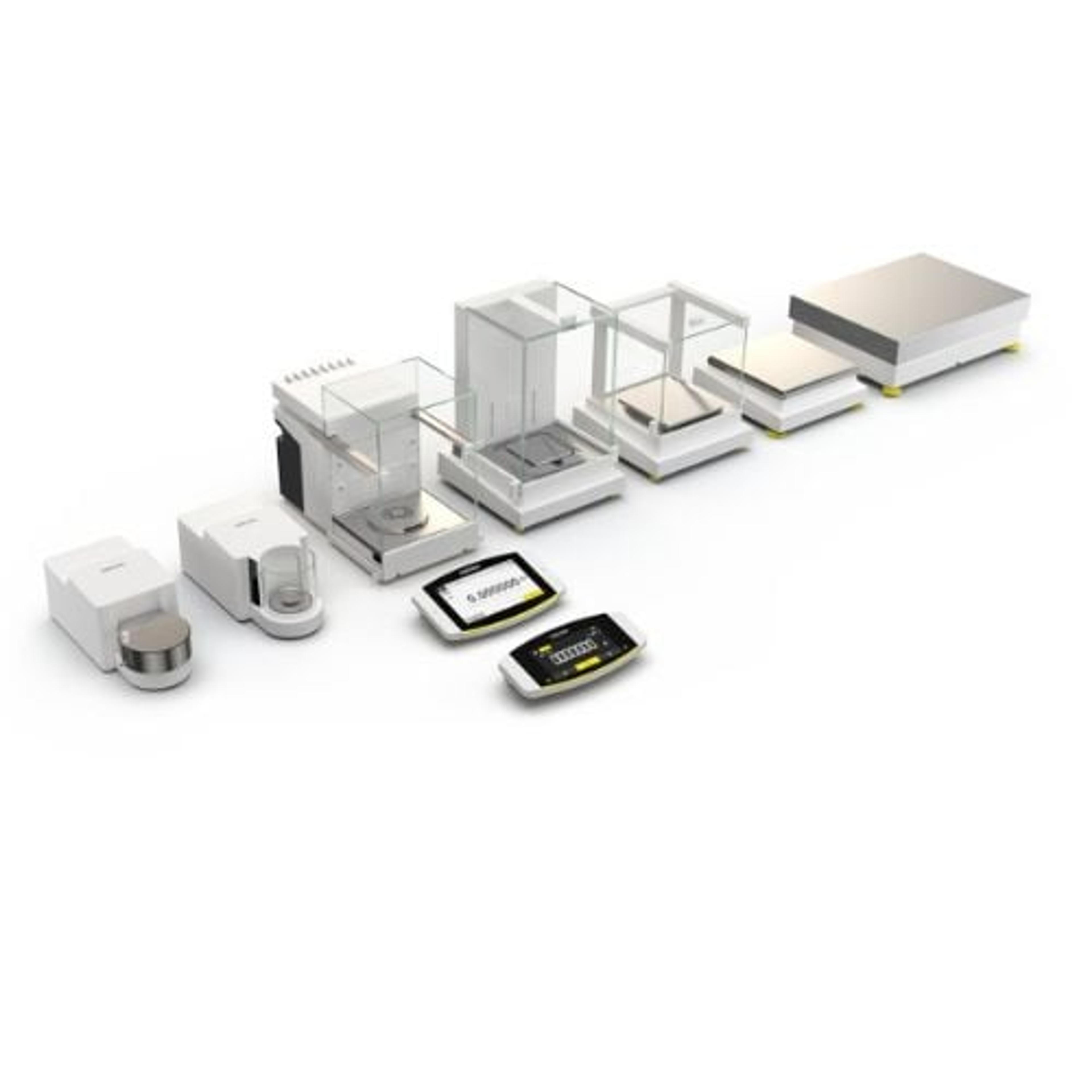Minimizing weight measurement uncertainty: Your questions answered
Watch this on-demand webinar learn how to minimize weight measurement uncertainty in your lab
25 Aug 2021

Precision weighing is one of the most important requirements for scientists working within regulated laboratories. Analytical balances have now been simplified and perfected to deliver the highest levels of precision. Despite such breakthrough discoveries, poor weighing technique can still contribute to measurement uncertainty.
In this on-demand SelectScience webinar, Holger Densow, product manager, and Julian Haller, metrology engineer from Sartorius, reveal how to obtain reliable and consistent weighing results, highlighting the theory of measurement uncertainty. They also discuss the European Associate of National Metrology Institute (EURAMET) cg-18, and outline USP Chapter 41 (USP41). Densow and Haller will explain minimum sample weight, and explore the International Organization of Legal Metrology (OIML) R76.
Watch on demandRegister now to watch the webinar at a time that suits you or read on to find highlights from the live Q&A session.
Q: The minimum sample rate is only one important point to be considered by the pharmaceutical industry. Is the balance 21 CFR Part 11 compliant?
HD: The Cubis II balance offers technical control and features for 21 CFR Part 11 compliance. There are some points that can be covered by the balance, some technical controls, for example. Some other features must be ensured by the customer, and we have got a checklist for download on our website describing how the balance contributes to 21 CFR Part 11 compliance.
Q: Can I export the Audit Trail or the weighing raw data state in the Alibi Memory to check and prove if new value below the minimum sample weight was acquired?
HD: Yes, of course, you can access the Audit Trail and then check if some weight values below the minimum sample rates have been acquired or not. With the Cubis II, we have got some export functions, and you can export either the Alibi Memory where the raw weight values are collected or the Audit Trail. The Audit Trail serves to save all events, for example, if you set a minimum sample weight on your balance, both of these memories can be exported for review.
Q: Do I get the values of the single uncertainty contributions listed on the calibration certificate?
JH: Yes, what we provide on the calibration certificate is the equation for the straight line with which the uncertainty can be calculated for any reading or any weighing value. The parameters of this straight line equation can then be entered into the Q-App in Cubis balances. On the calibration certificate, we just provide a table with five example values, but the general information is given in this straight line equation.
Q: Is it tracked in the Audit Trail if the minimum weight is set or modified with the balance?
HD: Yes. That's tracked as an event by the balance and it's written in terms of the Audit Trail, with the date, traceable to UTC. The user can either set the minimum sample weight from the calibration certificate the value acquired by using the USP advanced software function. So yes, this event is tracked in the Audit Trail, and also, of course, with the minimum sample weight value.
Q: Can we rename the minimum sample rate to SQmin as we had on the discontinued Cubis balances?
HD: That refers to the Cubis I balance, on which we were using the term SQmin. Currently, we are using the term minUSP for the minimal sample weight, but due to the fact that the European Pharmacopeial will be upgraded by Supplement 10.6 which will introduce a abbreviation for the minimum sample weight and additionally we got the minimum sample weight in EURAMET cg-18, with the next firmware and software release for Cubis II, we will offer to set different names, including SQmin for the minimum sample weight. In total, we will have naming options including that according to USP, to European Pharmacopeia, to EURAMET cg-18, SQmin, and even the option to enter a free term for the minimum sample weight. So, it depends on the users which name they would like to enter or select.
SelectScience runs 10+ webinars a month across various scientific topics, discover more of our upcoming webinars>>

